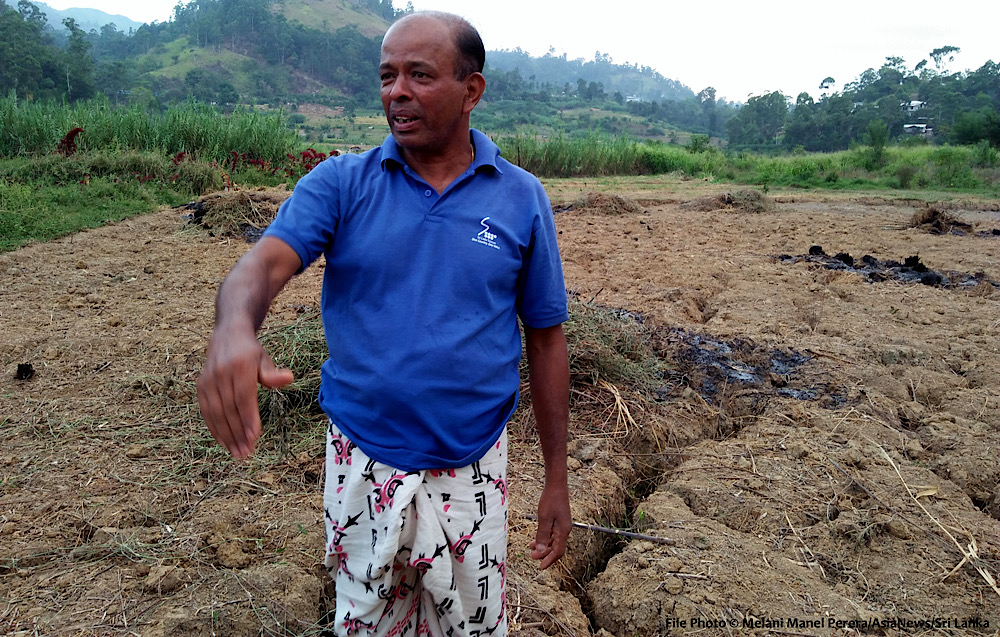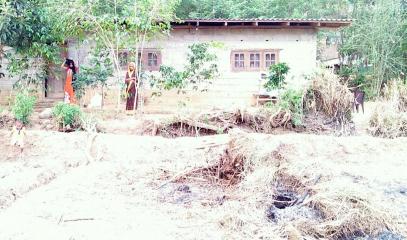Colombo, climate change: food security alert in 2024
The experts' warning linked to the severe drought that will hit the island early next year. "Failure would make it much more difficult to get out, given the country's economic crisis compounded by climate change. We estimate that 70 percent of people have difficulty eating regularly and properly," said Renuka Jayatissa, a clinical nutrition specialist.
Colombo (AsiaNews) - Between February and the summer of next year, climate experts warn that Sri Lanka will be subject to a serious drought that will put the country's food security at risk, especially at a time when people are already facing difficulties of the economic crisis. The alarm was raised by the scientific conference organized by the SaarcsFood association in Sri Lanka on climate change and its impact on food security for the nation.
Nalin Munasinghe, deputy representative of the Food and Agriculture Organization (FAO), said in his presentation that climate change can alter plant growth, change the prevalence of pests, increase diseases and the risk of upstream the crops. “Sri Lanka is already a country vulnerable to climate change with frequent extreme weather events such as floods, droughts and storms that could damage crops and disrupt supply chains,” Munasinghe underlined. Which he added: "Today it is more necessary than ever to increase political adaptation measures to face these extreme waves and ultimately guarantee the food security of the inhabitants."
Also because almost a third of families suffer from food insecurity and "failing at this moment would make it much more difficult to get out of it, given the country's economic crisis in addition to climate change" explained Dr. Renuka Jayatissa, specialist in clinical nutrition, in his presentation. “Sri Lanka is currently experiencing an economic crisis and people are facing enormous difficulties in following a healthy diet. We estimate that 70% of people have difficulty eating regularly and well.
Furthermore, climate change has a disastrous impact on the availability and productivity of agricultural land,” she added. Already last August, at least 13 districts of the country had been affected by a wave of drought and 50 thousand acres of fields had been destroyed, especially rice paddies. The consequence was a surge in prices.
Also present at the meeting was the national director of Sri Lanka of the World Food Program (WFP), Abdul Rahim Siddique, who participated as the main guest: "In Sri Lanka - he said - increasingly extreme meteorological events are occurring, such as storms and floods. If we do not help communities adapt to these changes, there is a greater likelihood that there will be more problems related to lack of food and an increase in malnutrition."
25/09/2019 14:11
23/09/2019 18:17








.png)










